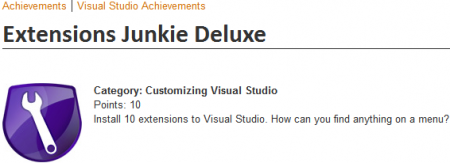New York Times has an obituary for Steve Kordek, who developed the standard two-flipper configuration of Pinball machines.
In 1947, two designers at the D. Gottlieb & Company pinball factory in Chicago, Harry Mabs and Wayne Neyens, transformed that rudimentary game into one called Humpty Dumpty, adding six electromechanical flippers, three on each side from the top to the bottom of the field.
It was an instant hit — until, at a trade show in Chicago 1948, Mr. Kordek introduced Triple Action, a game that featured just two flippers, both controlled by buttons at the bottom of the table. Mr. Kordek was a designer for Genco, one of more than two dozen pinball manufacturers in Chicago at the time.
“It really was revolutionary, and pretty much everyone else followed suit,” David Silverman, executive director of the National Pinball Museum in Baltimore, said in an interview. “And it’s stayed the standard for 60 years.”
(Via William Uricchio.)


![faculty_panel6-450x600[1]](http://www.jesperjuul.net/ludologist/wp-content/uploads/2012/02/faculty_panel6-450x6001.jpg)
